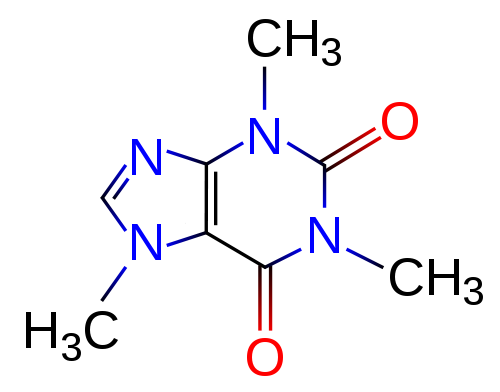INTRODUCTION TO THE BASIC CHEMICAL ENGINEERING CONCEPTS For BEGINNER #2
Good Day #STEEMIT

Today marks another exciting day to get to discuss on some concepts of Chemical Engineering.
Last time we learnt a lot on the introduction of chemical Engineering to the society, it's importance and significance to human life. If you missed it, kindly click the link below to view it:
INTRODUCTION TO BASIC CHEMICAL ENGINEERING CONCEPTS FOR BEGINNERS #1
All aspect being explained and discussed, Today we would talk about the application/analysis/Uses of chemistry in chemical engineering.
Chemical Engineering won't be totally treated except if it's sub field is discussed.
Before going further won't you like to know what the term chemistry implies. Oh! You would.
So lets begin!!
What is chemistry?

Chemistry is a branch of science that deals with or a scientific discipline involved with compounds composed of atoms(elements, and molecules), their composition, structure, properties, behavior and the changes they undergo during a reaction with other compounds.
It is simply the study of both organic and inorganic matter, molecules, and atoms in relation to their chemical properties, complexities, chemical reactions, and lastly their specialties.
Chemistry also discusses the chemical bond formed between like and unlike molecules(gases, liquids, or solids) caused by a strong force(Electro-valent and ionic bond) or a weak force(covalent and weak vande-Waal).
It is sometimes called the central science because it provides a foundation for understanding both basic and applied scientific disciplines at all fundamental levels.
What is the relevance of Chemistry in Engineering?

Chemistry is broad and hence relevant to all aspects of engineering, be it chemical or mechanical engineering.
In chemical engineering, chemistry applies methods, stipulates machines, and presents substances needed during the extraction of an unknown metal from its ore.
Chemistry may entail the user with the idea on what separating techniques to use to extract a soluble pure product from a solution.
It also place strategies used to detect impurities in a given sample of a solution during qualitative and quantitative analysis.
Whereas in mechanical/electrical engineering, chemistry identifies chemical devices like diodes, transistors, battery, bread board needed to construct an electrical circuitry for any electric devices.
Thus,we could say that Chemistry as a field or course contributes equally to all aspects of engineering in many ways and by this, it is signified as the central field of engineering.
Other Branches of Science that contributes to Engineering are listed as follows:
The Two Types of Chemistry that Contributes to Engineering
- [×] Organic Chemistry
- [×] Inorganic Chemistry
ORGANIC CHEMISTRY
Organic Chemistry is simply the study of organic compounds like carbon and few other elements like, H, N O, S, their structures, properties, and reactions excluding their oxides, trioxicarbonate(iv) salts and metallic carbides. It is also the chemistry of compounds obtainable from plant and animal living organism.
Organic Compounds:

They are chemical compounds whose atom of carbon either one or two are linked covalently to atoms of different elements.
Examples of organic compounds include:
cyclo-alkanes
straight chain hydrocarbons
Nuclei acids
protein and lipids
- Carbohydrates
- monosaccharides
- disaccharides
- polysaccharides
Uses of Organic Compounds In Engineering:
- Glucose is used to make alcoholic drinks when it undergoes fermentation.
- lipids are used to make soaps/margarine when it undergoes saponification/hydrogenation.
- polymers of certain products are used to make rubbers/plastics.
And so much more
A Brief Discussion on Inorganic Chemistry/Compounds

Inorganic chemistry deals with the synthesis and behavior of inorganic and organometalic compounds.
Whereas,inorganic compounds are chemical compounds that are not organic compounds.
Examples of Inorganic Compounds include:
Common Differences between an organic and inorganic compound:

~ organic compounds are in form of gas, liquid, or solid but inorganic are mainly solid in nature.
~ organic compounds are biological in nature while inorganic are mostly minerals.
~ organic compounds form covalent bonds whereas inorganic forms ionic bonds.
~ OC(organic compounds) produces more complex sets of products whereas IOC(inorganic compounds) and produces less.
~ OC are highly soluble in organic solvent and insoluble in water, whereas IOC are soluble in water only.

That would be all for today.
If you enjoyed my article, kindly Follow me and stay turned for more relevant posts on chemical Engineering Concept on my blog.
God bless you all.
Happy Christmas and Happy new Year in advance.

REFERENCE:
- Chemistry Clinic For schools and colleges
IMAGE CREDIT
@originalworks
To call @OriginalWorks, simply reply to any post with @originalworks or !originalworks in your message!